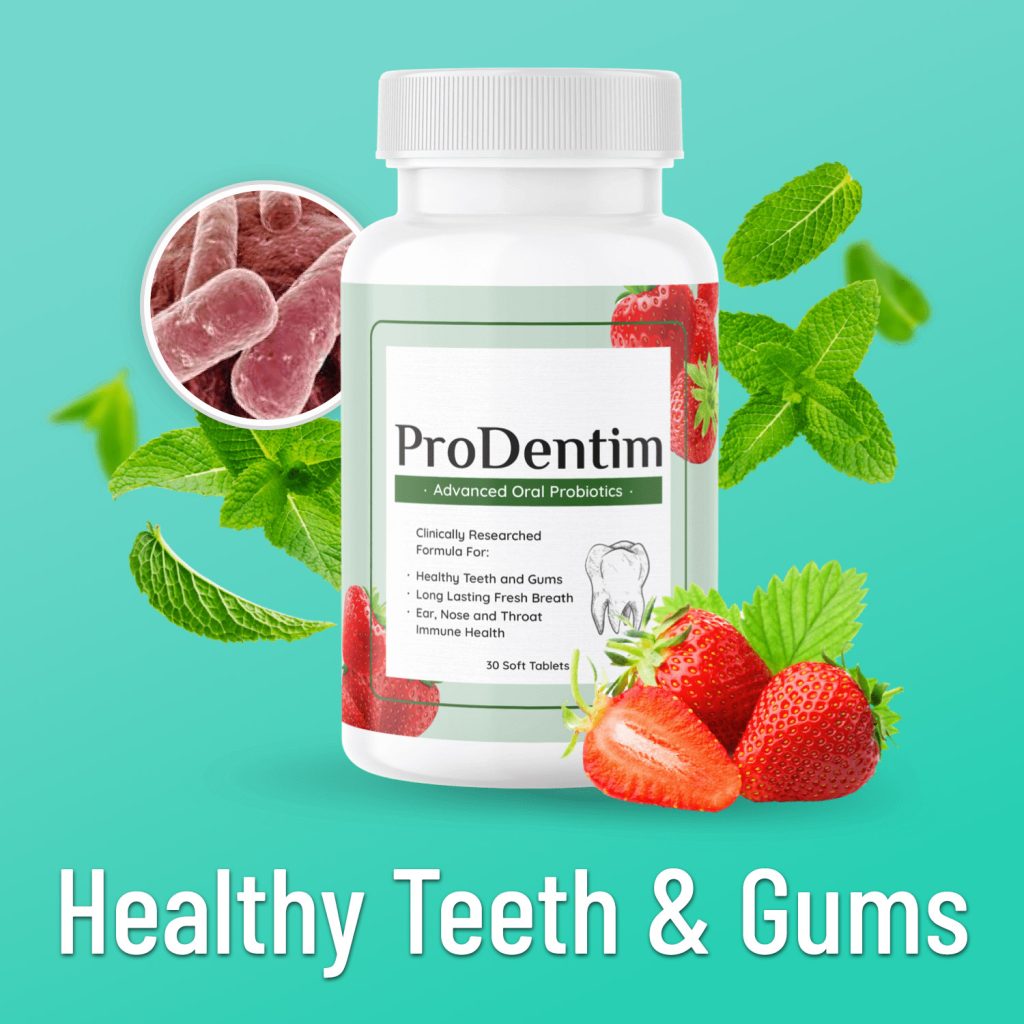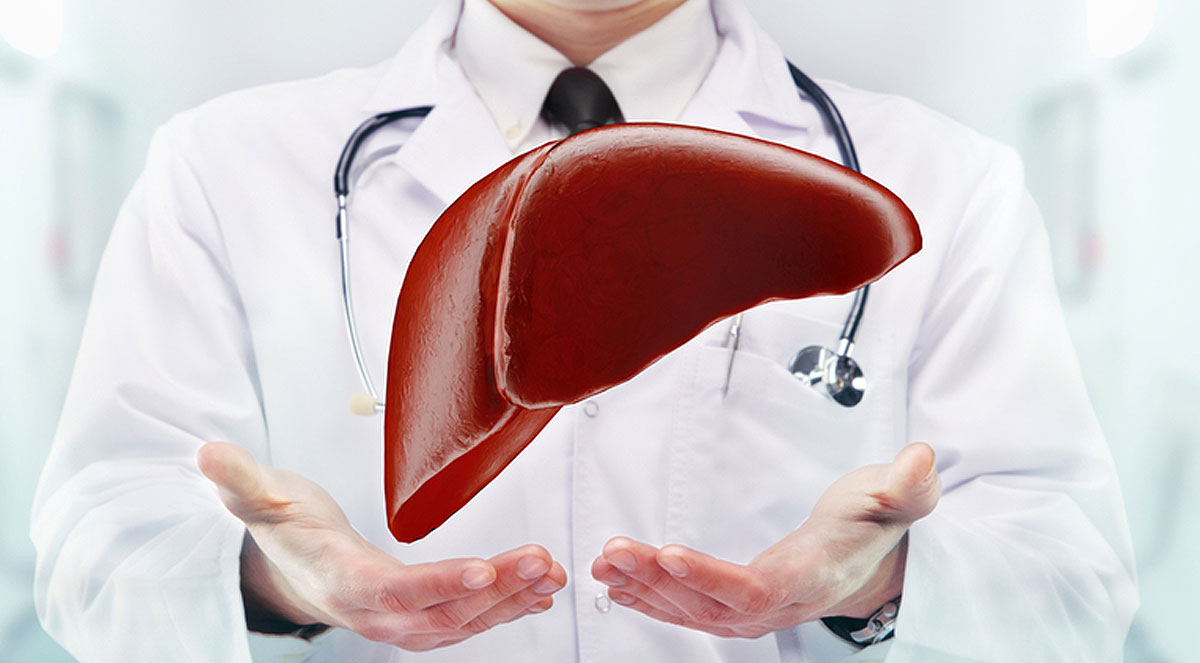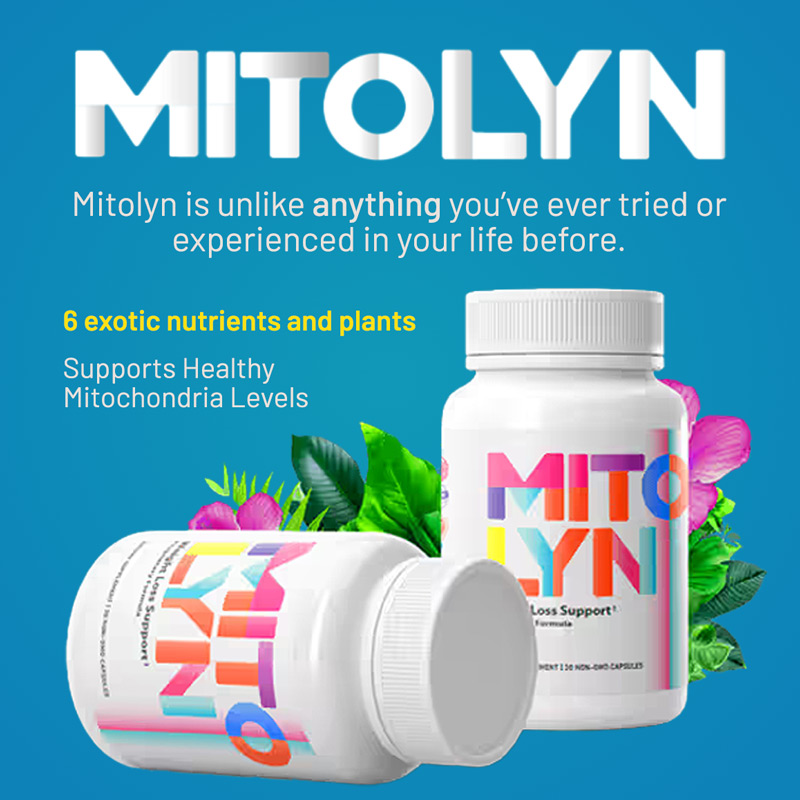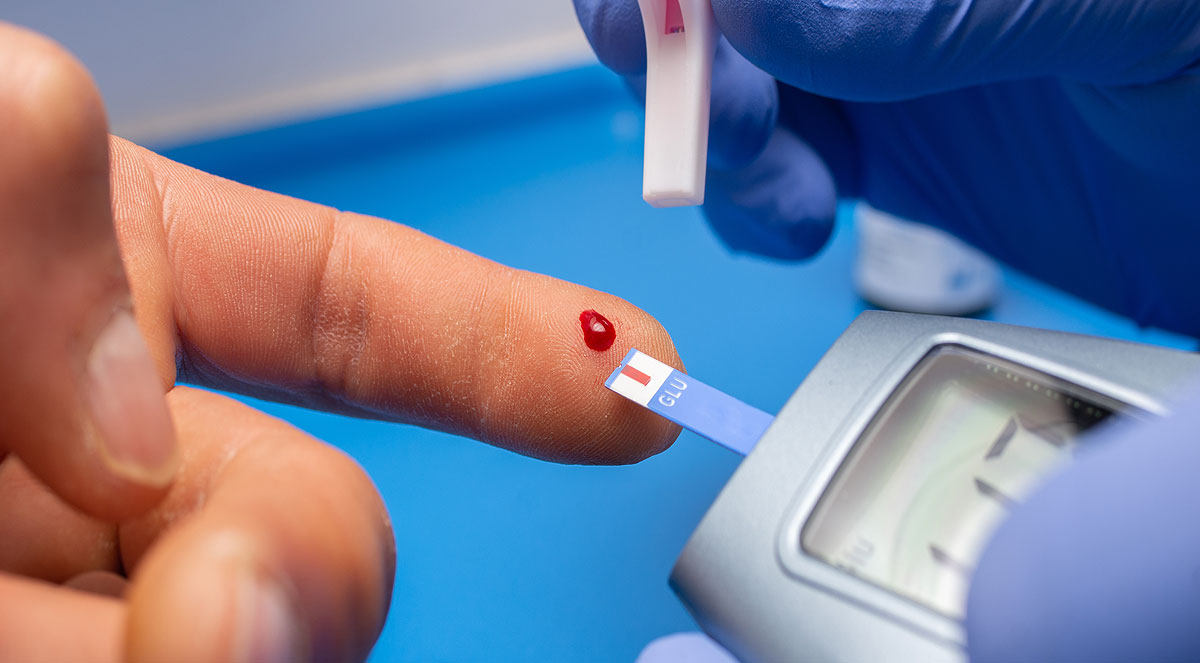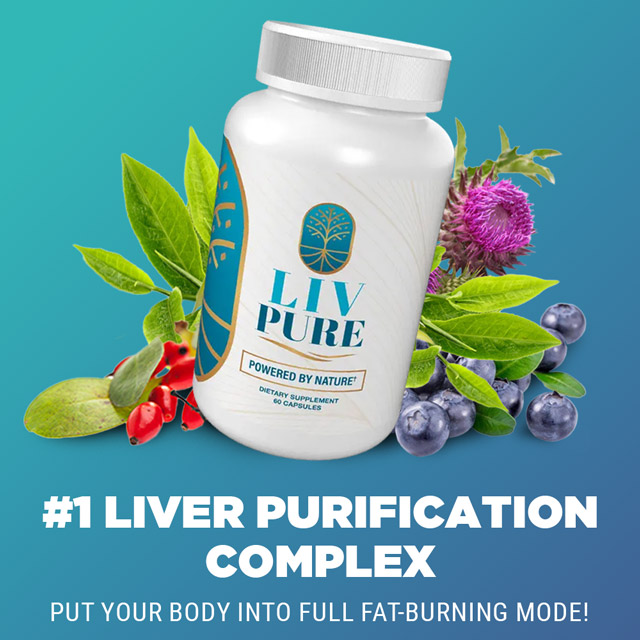Flossing is incredibly important for maintaining good oral health. While brushing is essential for cleaning the surfaces of your teeth, flossing targets the spaces between your teeth and along the gumline where your toothbrush may not reach effectively. Here’s why flossing is crucial:
Removes Plaque and Food Debris: Flossing helps remove plaque, a sticky film of bacteria, and food particles from between teeth and below the gumline. If left unchecked, plaque can harden into tartar, which can only be removed by a dentist.
Prevents Tooth Decay: Plaque buildup between teeth can lead to tooth decay and cavities. Flossing helps disrupt this plaque formation, reducing the risk of decay.
Prevents Gum Disease: Plaque accumulation along the gumline can irritate the gums, leading to inflammation and eventually gum disease (gingivitis and periodontitis). Flossing helps remove plaque from these areas, reducing the risk of gum disease.
Reduces Bad Breath: Food particles trapped between teeth can contribute to bad breath. Flossing helps remove these particles, keeping your breath fresher.
Promotes Overall Health: Poor oral health has been linked to various systemic conditions, including cardiovascular disease, diabetes, and respiratory infections. By maintaining good oral hygiene, including flossing, you can potentially reduce the risk of these health issues.
While brushing and rinsing with mouthwash are important, they can’t effectively reach the areas between teeth like flossing can. Therefore, flossing complements brushing and rinsing, providing comprehensive cleaning for optimal oral health.
It’s recommended to floss at least once a day, ideally before bedtime, to remove plaque and food debris accumulated throughout the day. If you’re unsure about proper flossing techniques, your dentist or dental hygienist can provide guidance during your regular dental visits.
Some other important things to know about oral care:
Regular Brushing: Brush your teeth at least twice a day, preferably after meals, using fluoride toothpaste. Brushing helps remove plaque, a sticky film of bacteria that forms on teeth and gums.
Regular Dental Check-ups: Visit your dentist regularly for check-ups and professional cleanings. Your dentist can identify and address any oral health issues before they become more serious problems.
Healthy Diet: Eat a balanced diet rich in fruits, vegetables, lean proteins, and whole grains. Limit sugary snacks and beverages, as they can contribute to tooth decay.
Limiting Acidic Foods and Beverages: Acidic foods and drinks can erode tooth enamel over time, leading to tooth sensitivity and decay. Limit your intake of acidic foods and beverages like citrus fruits, sodas, and sports drinks.
Avoid Tobacco Products: Smoking and chewing tobacco can stain teeth, cause bad breath, and increase the risk of gum disease and oral cancer. Avoiding tobacco products is crucial for maintaining oral health.
Use Mouthwash: Mouthwash can help reduce plaque, prevent gum disease, and freshen your breath. Choose a mouthwash that contains fluoride and has been approved by dental professionals.
Protect Your Teeth: Wear a mouthguard during sports activities to protect your teeth from injury. If you grind your teeth at night, talk to your dentist about wearing a nightguard to prevent damage.
Stay Hydrated: Drinking plenty of water helps rinse away food particles and bacteria, and it also helps stimulate saliva production, which plays a vital role in maintaining oral health.
Watch for Signs of Oral Health Problems: Pay attention to signs of gum disease, such as red, swollen, or bleeding gums, as well as tooth pain, sensitivity, or changes in the appearance of your teeth or gums. If you notice any concerning symptoms, see your dentist promptly.
Remember, good oral hygiene habits are essential for preventing tooth decay, gum disease, and other oral health problems. By taking care of your teeth and gums, you can maintain a healthy smile for years to come.




